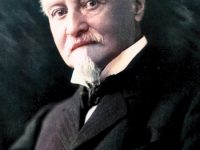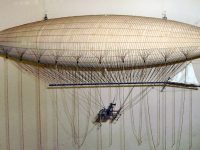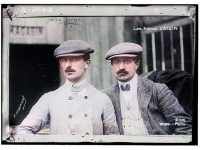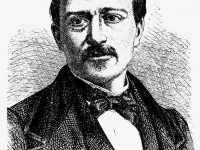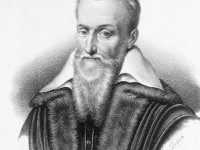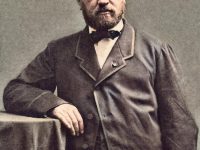Octave Chanute – One of the Fathers of Aviation
On February 18, 1832, French-born American railway engineer and aviation pioneer Octave A. Chanute was born. He provided many budding enthusiasts, including the Wright brothers [6] with help and advice, and helped to publicize their flying experiments. At his death he was hailed as the father of aviation and the heavier-than-air flying machine. “Let us hope that the advent of a successful flying machine, now only dimly foreseen and nevertheless thought to be…
Read more

